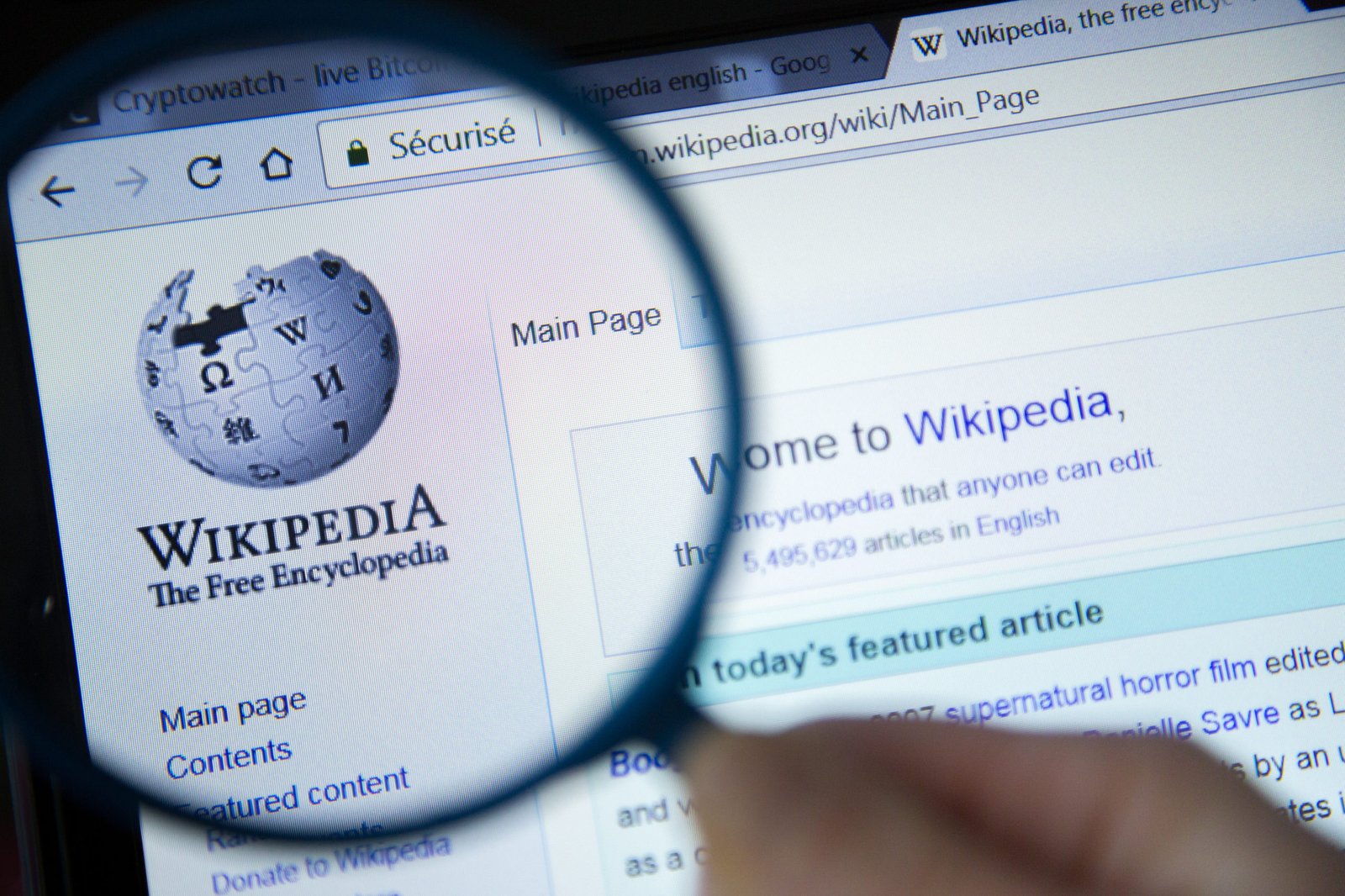
Wikipedia, the world’s largest online encyclopedia, provides a wealth of information on countless topics, making it an excellent reference for readers and content creators. However, when incorporating Wikipedia into content, it’s essential to approach this practice ethically to maintain the integrity of both the content creator and the platform. The purpose of linkage to Wikipedia is to offer readers easy access to additional resources and verified facts. As an open-source platform, Wikipedia has extensive coverage on a variety of subjects, but it’s also a platform that anyone can edit. Because of this, linking to Wikipedia requires caution, as not all pages are equally reliable, and sometimes the information can be altered. To ensure ethical use, one must understand the distinction between credible sources on Wikipedia and pages that may need further validation. Ethical linking ensures that Wikipedia is used as a stepping stone for further learning, not as the sole source of authoritative knowledge.
Why Ethical Linking to Wikipedia Matters
The ethical practice involves considering the reliability of the content being linked. Wikipedia, while extensive, does not always meet the academic standards that some users may expect. The pages can be edited by anyone, which can sometimes lead to the spread of misinformation or unverified claims. Therefore, the ethical approach to linking to Wikipedia is to check the sources cited on Wikipedia itself before linking to it. By doing so, content creators provide their audience with access to the right information and sources, ensuring that readers can trust the materials they are reading.
Additionally, it’s important to recognize the context in which Wikipedia is being referenced. Using Wikipedia as a primary source without checking its citations is an ethical gray area. Link to Wikipedia should be part of a broader strategy to provide accurate, well-rounded, and verifiable information. When content is created using information from Wikipedia, it’s crucial to cross-reference the facts and ensure that other credible resources also support the claims made.
Best Practices for Ethical Linking to Wikipedia
Several guidelines can help ensure that linkage to Wikipedia is done ethically and effectively:
Verify the Sources Cited: Before linking to a Wikipedia page, always check the references and sources cited within the article. If the Wikipedia article is well-cited with reliable references from trusted sources, the link is more likely to be ethical. If the article contains questionable citations or lacks proper references, it’s advisable to avoid linking directly to the Wikipedia page.
Use Wikipedia as a Starting Point: Wikipedia is a useful tool for gathering initial knowledge or identifying key terms. However, for in-depth research or authoritative claims, consider linking to primary sources, such as academic papers, government reports, or reputable media outlets. Links to Wikipedia in such instances can act as an introductory reference point for readers, but the main source of truth should come from more formal channels.
Disclose Potential Limitations: If a Wikipedia page is linked, it is often a good practice to inform the audience that Wikipedia is a community-edited platform, and the information there might change over time. A disclaimer such as “This page is updated frequently; please verify the facts for the most current information” can help users understand the potential limitations of the link they are following.
Avoid Overuse of Wikipedia Links: Over-relying on Wikipedia links can diminish the value of your content, especially if used excessively or inappropriately. Rather than linking for every term or topic, it’s more beneficial to link to a combination of authoritative resources, including academic articles, expert opinions, or trusted websites. This diversifies the references and enhances the credibility of the content.
Link to Specific Articles: When referencing Wikipedia, always aim to link to specific, well-maintained articles rather than the general Wikipedia homepage. A general homepage link can appear as vague and uninformative, while a targeted article directs the user to the precise topic in question, making the reference more helpful.
The Role of Ethical Linking in Content Integrity
Ethical linking to Wikipedia can significantly impact content integrity and the overall user experience. By ensuring that Wikipedia is used as a supplementary resource rather than the main source, content creators show responsibility in providing their audience with accurate, well-researched information. Ethical linking enhances the credibility of the content, fosters trust with the audience, and promotes transparent use of digital resources.
Furthermore, using Wikipedia in a balanced, ethical way can contribute to a culture of responsible information sharing. Both content creators and readers must understand that the information presented on Wikipedia may not always be fully reliable, and cross-referencing remains a key part of accessing high-quality content.
In summary, linking to Wikipedia can be a powerful tool for content creators to enhance the depth and breadth of their work. However, this practice must be approached with care and responsibility. By verifying sources, using Wikipedia as a starting point for research, and avoiding over-reliance on its pages, content creators can maintain their ethical standards while offering valuable resources to their audience. Ethical linking not only helps uphold the quality of digital content but also ensures that users can trust the information they encounter. When approached with these considerations in mind, these links can significantly contribute to the accessibility and credibility of online knowledge.

